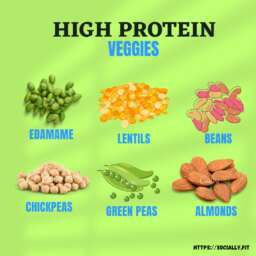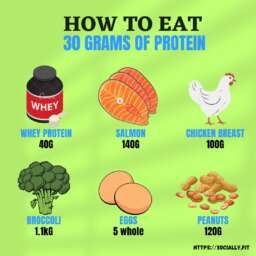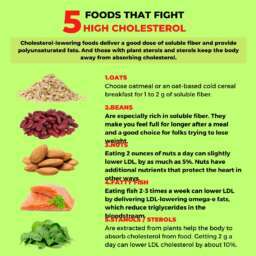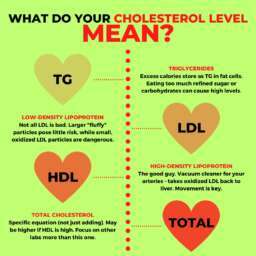Is Beef Jerky Good for Weight Loss? Beef jerky has gained popularity as a convenient and satisfying snack option, but can it also support weight loss goals? Let’s delve into the nutritional content of beef jerky and explore its potential benefits for those looking to shed excess pounds.
Definition of Beef Jerky
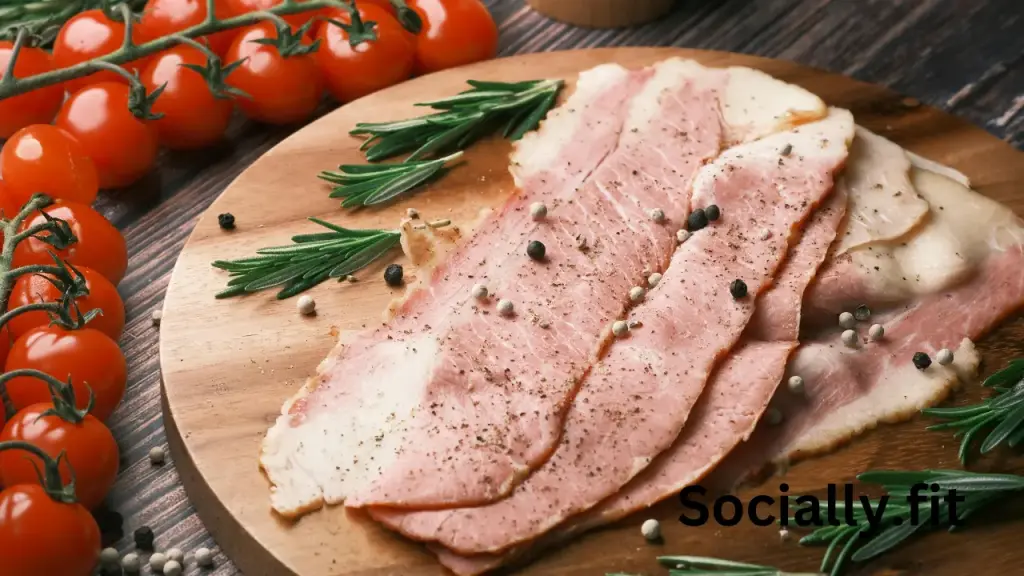
Beef jerky is a popular snack made from lean cuts of beef that are marinated, seasoned, and dried to create a flavorful and portable treat. It has been enjoyed for centuries as a convenient source of protein, especially in situations where refrigeration is not available.
Nutritional content of beef jerky

When examining the nutritional content of beef jerky, three primary components stand out: protein, fat, and carbohydrates.
Protein Content: Beef jerky is notably rich in protein, making it a valuable snack option for those seeking to increase their protein intake. Protein plays a crucial role in building and repairing tissues, supporting muscle growth and recovery, and promoting feelings of fullness and satiety.
Fat Content: While beef jerky is known for its protein content, it is relatively low in fat compared to many other snack foods. The process of making beef jerky involves removing excess fat from the meat before drying, resulting in a lean and protein-rich snack. However, the exact fat content can vary depending on the cut of meat used and any additional ingredients or seasonings.
Carbohydrate Content: Beef jerky is typically low in carbohydrates, making it suitable for those following low-carb or ketogenic diets. This means that beef jerky can help maintain stable blood sugar levels and reduce cravings for sugary or starchy snacks. However, it’s essential to check the label for any added sugars or carbohydrates from marinades or flavorings, as these can vary between brands.

Benefits of beef jerky for weight loss

When it comes to weight loss, beef jerky can offer several benefits due to its unique nutritional profile. Here are some tips on how beef jerky can support your weight loss goals:
- High Protein Content: Beef jerky is packed with protein, which can help you feel fuller for longer periods. Including protein-rich foods like beef jerky in your diet can reduce hunger and cravings, making it easier to stick to your calorie goals.
- Low Fat Option: Opting for lean beef jerky varieties can provide a satisfying snack without adding excessive fat to your diet. By choosing low-fat options, you can enjoy the flavor and texture of beef jerky without worrying about consuming too many calories from fat.
- Convenient and Portable: Beef jerky is a convenient snack option, perfect for busy days when you’re on the go. Having pre-portioned packs of beef jerky on hand can prevent impulsive snack choices and help you stay on track with your weight loss plan.
- Long Shelf Life: Unlike many perishable snacks, beef jerky has a long shelf life, making it easy to stock up and keep on hand for whenever hunger strikes.
- Versatile Snack Option: Beef jerky can be enjoyed on its own as a satisfying snack, or you can get creative and incorporate it into various recipes and meals.
Is Beef Jerky a good source of protein?

Yes, beef jerky is indeed a good source of protein. It is made from lean cuts of beef that are dried and cured, resulting in a concentrated source of protein. Protein is essential for building and repairing tissues, supporting muscle growth and recovery, and promoting feelings of fullness and satiety. By including beef jerky in your diet, you can increase your protein intake without consuming excess calories, making it a valuable snack option for those seeking to boost their protein intake.
Is Beef Jerky bad for your cholesterol?

The effect of beef jerky on cholesterol levels can vary depending on various factors, including the type of beef used, the processing method, and any additional ingredients added during production.
In general, beef jerky is relatively low in saturated fat, which is known to raise levels of LDL cholesterol, often referred to as “bad” cholesterol. However, some commercial varieties of beef jerky may contain added fats or flavorings that could contribute to higher levels of saturated fat.
Additionally, beef jerky can be high in sodium, which may indirectly affect cholesterol levels by increasing blood pressure and potentially impacting heart health. High sodium intake can also contribute to water retention and bloating.
Tips for choosing healthy Beef Jerky
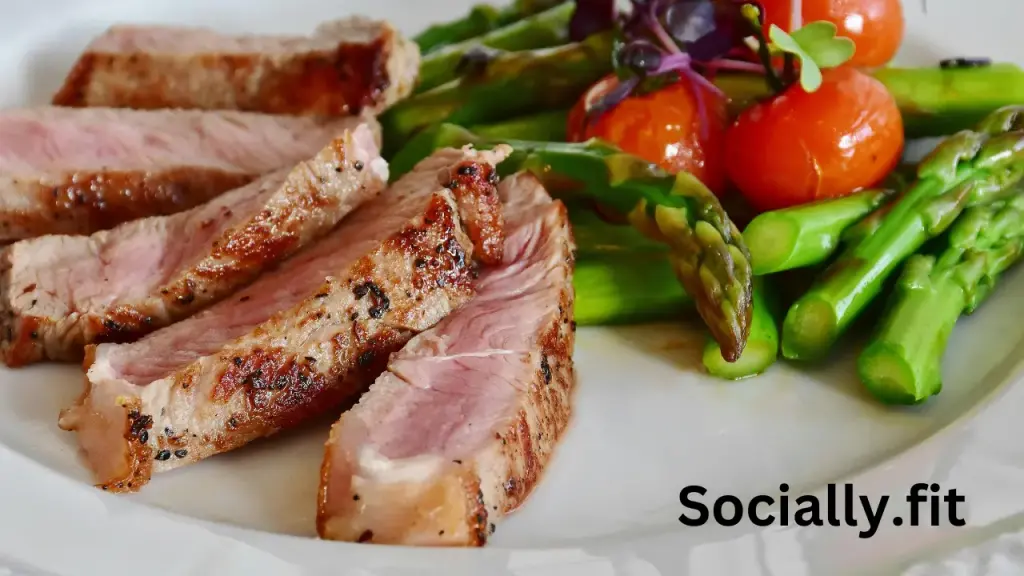
When selecting beef jerky, here are some tips to ensure you’re choosing a healthy option:
- Check the Ingredients: Opt for beef jerky made with simple, natural ingredients. Avoid products with added sugars, artificial preservatives, and excessive sodium.
- Look for Lean Cuts: Choose beef jerky made from lean cuts of meat to minimize saturated fat content. Look for terms like “lean” or “extra lean” on the packaging.
- Watch the Sodium Content: Be mindful of the sodium content in beef jerky, as some varieties can be high in salt. Look for lower sodium options or those labeled as “reduced sodium.”
- Choose Natural Flavors: Select beef jerky with natural flavorings and seasonings, rather than artificial additives. This can help reduce the overall intake of unhealthy ingredients.
- Consider Grass-Fed Options: Grass-fed beef jerky may offer additional health benefits, as grass-fed beef tends to be lower in saturated fat and higher in beneficial nutrients like omega-3 fatty acids.
- Check for Allergens: If you have food allergies or sensitivities, carefully read the ingredient label to ensure the beef jerky does not contain any allergens such as soy, gluten, or nuts.
- Portion Control: Even though beef jerky can be a nutritious snack, it’s essential to practice portion control. Stick to the recommended serving size to avoid consuming excess calories and sodium.
By following these tips, you can choose healthier beef jerky options that support your overall health and dietary goals.
Incorporating Beef Jerky into a weight loss diet

Incorporating beef jerky into a weight loss diet can be done effectively with a focus on portion control and strategic pairing with other nutritious foods:
- Portion Control: Practice mindful portion control when enjoying beef jerky as a snack. While it’s a convenient option, it’s essential to be aware of serving sizes to avoid consuming excess calories. Pre-portioning beef jerky into single-serving packs or containers can help prevent overeating.
- Pairing with Fruits or Vegetables: Enhance the nutritional value of beef jerky by pairing it with fruits or vegetables. Combining beef jerky with fresh produce adds fiber, vitamins, and minerals to your snack, creating a more balanced and satisfying option. For example, enjoy beef jerky with apple slices, carrot sticks, or bell pepper strips for a tasty and nutritious snack combination. This pairing not only increases satiety but also provides a mix of macronutrients that can support your weight loss goals.
By incorporating beef jerky into your weight loss diet with attention to portion control and strategic pairing with fruits or vegetables, you can enjoy a satisfying and nutritious snack while supporting your efforts to achieve a healthier lifestyle.
Other considerations

When incorporating beef jerky into your diet, it’s essential to consider several other factors beyond its nutritional content:
- Sodium Content: Pay attention to the sodium content of beef jerky, as it can vary significantly between brands and flavors. High sodium intake has been linked to health issues such as high blood pressure and cardiovascular disease. Opt for beef jerky with lower sodium levels or choose reduced-sodium varieties to help limit your overall sodium intake.
- Allergen Concerns: Be aware of potential allergens in beef jerky, such as soy, gluten, and nuts. Carefully read the ingredient label to ensure the product is free from allergens that may cause adverse reactions. If you have food allergies or sensitivities, consider choosing beef jerky that is specifically labeled as allergen-free or certified by relevant organizations.
- Environmental Impact of Beef Consumption: Recognize the environmental implications of beef consumption when selecting beef jerky. Beef production can have a significant environmental footprint, including greenhouse gas emissions, water usage, and deforestation. Consider opting for sustainably sourced beef jerky made from pasture-raised or grass-fed cattle to minimize environmental impact. Additionally, reducing overall meat consumption and incorporating plant-based protein sources into your diet can further lessen your environmental footprint.
By considering these additional factors, you can make informed choices when incorporating beef jerky into your diet, promoting both your health and the well-being of the planet.
Best Beef Jerky for weight loss

When it comes to choosing the best beef jerky for weight loss, opt for options that prioritize lean protein, minimal additives, and portion control. Here are some tips for selecting beef jerky that supports your weight loss goals:
- Lean Cuts: Look for beef jerky made from lean cuts of meat, such as sirloin or round. Lean cuts contain less fat, making them lower in calories and more suitable for weight loss diets.
- Low-Sodium Options: Choose beef jerky with lower sodium content to help minimize water retention and bloating. Excess sodium intake can also lead to increased blood pressure, so opting for lower sodium options is beneficial for overall health.
- Natural Ingredients: Select beef jerky made with natural ingredients and minimal additives. Avoid products with added sugars, artificial flavors, and preservatives, as these can contribute to unnecessary calorie intake and may hinder weight loss efforts.
- Portion-Controlled Packs: Opt for beef jerky that comes in portion-controlled packs or containers. This helps prevent overeating and allows for easy tracking of calorie intake, making it simpler to stay within your weight loss goals.
- Grass-Fed or Organic Options: Consider choosing beef jerky made from grass-fed or organic beef. These options are often higher in beneficial nutrients like omega-3 fatty acids and may have fewer environmental impacts compared to conventionally raised beef.
Is Deer Jerky good for weight loss?

Deer jerky, like beef jerky, can be a good option for those looking to support weight loss goals. Similar to beef jerky, deer jerky is typically high in protein and low in fat, making it a satisfying and nutritious snack choice.
Protein is essential for weight loss as it helps promote feelings of fullness and satiety, which can prevent overeating and support calorie control. By including protein-rich snacks like deer jerky in your diet, you can help keep hunger at bay and maintain muscle mass during weight loss.
Additionally, deer jerky is often lower in fat compared to other snack options, which can be beneficial for reducing overall calorie intake. Opting for lean protein sources like deer jerky can help support weight loss efforts by providing a satisfying snack without excess calories from fat.
However, it’s essential to be mindful of portion sizes when enjoying deer jerky, as even though it is high in protein, it still contains calories that can contribute to weight gain if consumed in excess. Additionally, be sure to choose deer jerky made with minimal additives and avoid varieties with added sugars or excessive sodium.
Conclusion
In conclusion, beef jerky can be a valuable addition to a weight loss diet. With its high protein content, low fat content, and convenient snack format, beef jerky provides a satisfying option that can help support satiety, calorie control, and muscle retention during weight loss. By choosing lean varieties, watching portion sizes, and incorporating beef jerky into a balanced diet alongside fruits, vegetables, and other nutritious foods, individuals can enjoy the benefits of this protein-rich snack while working towards their weight loss goals.
It’s essential to be mindful of sodium content, allergen concerns, and the environmental impact of beef consumption when selecting beef jerky. By making informed choices and prioritizing health and sustainability, individuals can maximize the benefits of beef jerky while minimizing potential drawbacks.
Overall, beef jerky offers a convenient, tasty, and nutritious option for those looking to lose weight or maintain a healthy lifestyle. With moderation, balance, and smart choices, beef jerky can be a satisfying part of a successful weight loss journey.
FAQs
- Is beef jerky high in calories?
- Beef jerky can vary in calorie content depending on the brand and ingredients used. It’s essential to check the nutrition label for serving size and calorie information.
- Can I eat beef jerky every day as part of a weight loss diet?
- While beef jerky can be a nutritious snack option, it’s essential to consume it in moderation as part of a balanced diet. Be mindful of portion sizes and opt for healthy varieties without excessive sodium or added sugars.
- Is homemade beef jerky healthier than store-bought options?
- Homemade beef jerky allows you to control the ingredients and seasoning, making it a potentially healthier option than store-bought varieties. However, be mindful of food safety practices when preparing homemade jerky.
- Are there vegetarian or vegan alternatives to beef jerky?
- Yes, there are vegetarian and vegan alternatives to beef jerky made from ingredients like mushrooms, tofu, or seitan. These options can provide a similar texture and flavor profile without the use of animal products.
- How should I store beef jerky to maintain its freshness?
- Beef jerky should be stored in a cool, dry place away from direct sunlight. Once opened, it’s best to consume it within a few days or store it in an airtight container to maintain freshness.








